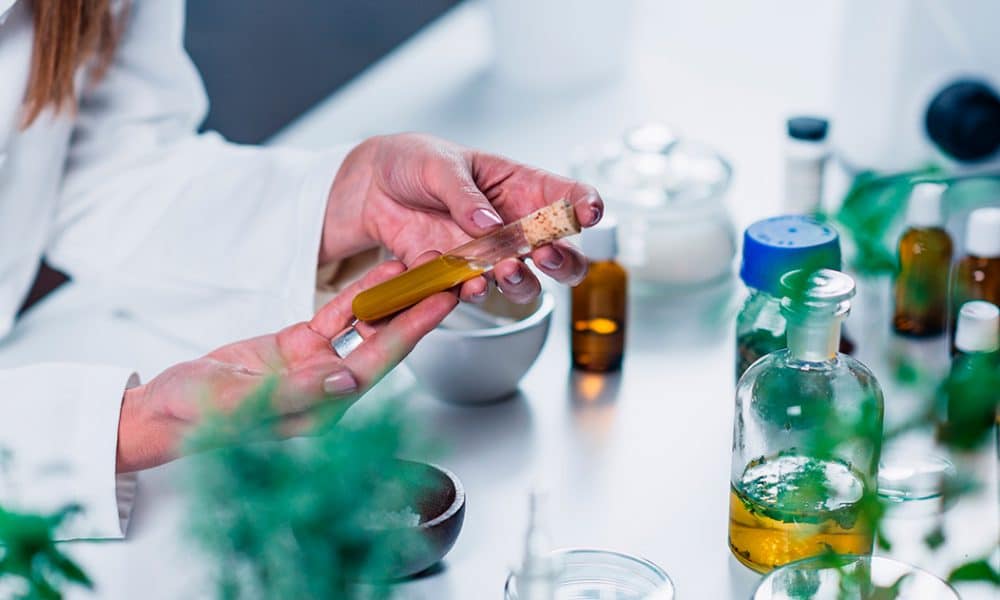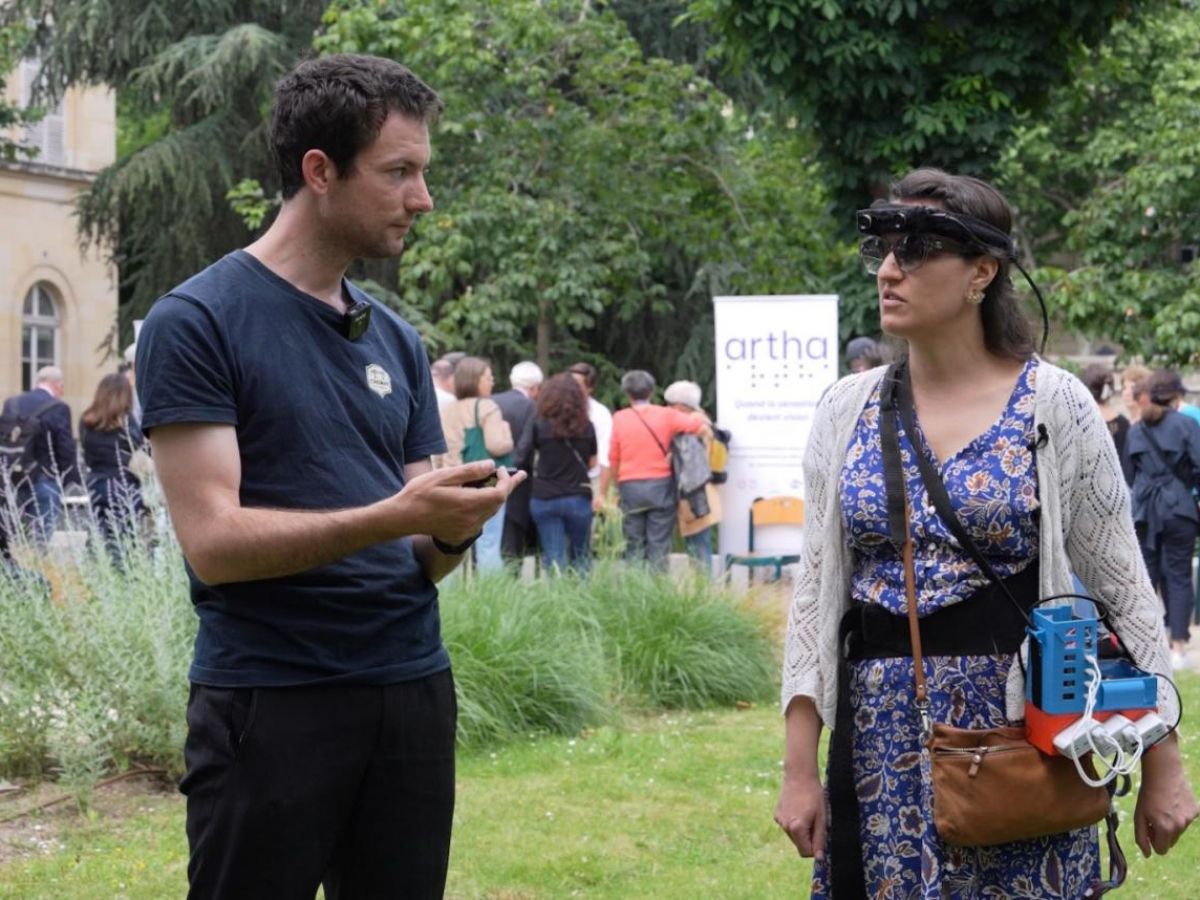"The most important step in the +skincare+ routine is sunscreen." On social media, many influencers are calling for people to apply sunscreen daily, a trend that is primarily marketing-related but is useless and even risky for their health.
UV protection, anti-wrinkle remedy, or guarantee of skin elasticity: the promised benefits are enticing, even though exposure to the sun is the main cause of skin cancer.
However, the usefulness of applying sunscreen every day is far from proven.
"It's absolutely not necessary," says Celine Couteau, a doctor of pharmacy and specialist in cosmetology. "We must above all monitor the UV index. At 0 or 1 - as at the moment - there is no point in protecting yourself against a threat that does not exist," she told AFP.
And even though it has been proven that applying sunscreen reduces skin aging, in the same way as for the prevention of skin cancers, "this is only true if you expose yourself to the sun," continues the researcher.
Above all, people who promote this fashion often fail to mention the potential harmful effects on the skin and health of the penetration of sunscreens.
– “Sales argument” –
Beyond the risks of intolerance, irritation or allergy, "certain filters used are suspected of being endocrine disruptors, or even carcinogenic", points out Celine Couteau, such as oxybenzone or octocrylene, the maximum concentration limits of which have been reduced by the European Commission.
"The problem is that we lack data," laments Jean-David Zeitoun, doctor of medicine and doctor of clinical epidemiology.
"It is not known whether applying sunscreen, in addition to what is essential, is counterbalanced or not by the hormonal and environmental effects linked to the chemicals contained in these products," he continues.
In summer, during the hottest hours, for children, "there is no question to ask, it is mandatory to use sunscreen", reminds Celine Couteau, "but daily, absolutely not".
However, this trend has been spreading for several years, including in all cosmetic products.
Moisturizer, foundation, powder, blush… almost all of them now promise sun protection and display a sun protection factor (SPF).
"It's a real challenge for the cosmetics industry. More and more brands are positioning themselves on this market," Erwan Poivet, scientific advisor to the Federation of Beauty Companies (FEBEA), told AFP.
But these products cannot be considered as real sun protection.
"It is mainly an aesthetic effect because UV rays cause the skin to age. The interest of the SPF here is only to promise to keep your skin young," underlines Erwan Poivet.
Problem: Many professionals fear that these products will cause confusion among consumers.
"It's a great sales argument, but the risk is that it misleads people who imagine that this is enough to be protected," notes Christophe Bedane, professor of dermatology at the Dijon University Hospital.
– Simplify labeling –
In view of the revision of the EU recommendation to manufacturers "on the safety and efficacy claims" of these products which dates from 2006, Anses has also recommended removing any mention of sun protection on the packaging of cosmetic products incorporating a UV filter.
"This product is applied once a day, with a smaller amount applied. On the contrary, a sunscreen product requires the application of a sufficient quantity and a re-application during the day to be fully effective," the health agency explains.
Opposed to the removal of this mention, Erwan Poivet concedes that it requires more explanation.
"An explanatory scenario must be defined on the packaging in order to better support the consumer," he maintains.
For sun creams, ANSES also recommends simplifying the labelling by keeping only three protection categories: “Low, medium or high”.
For Celine Couteau, it is also about "re-educating people" and stopping making them believe that a sun cream "is a concrete wall".
“Sunscreen helps limit the damage but it never reduces it to zero.”


